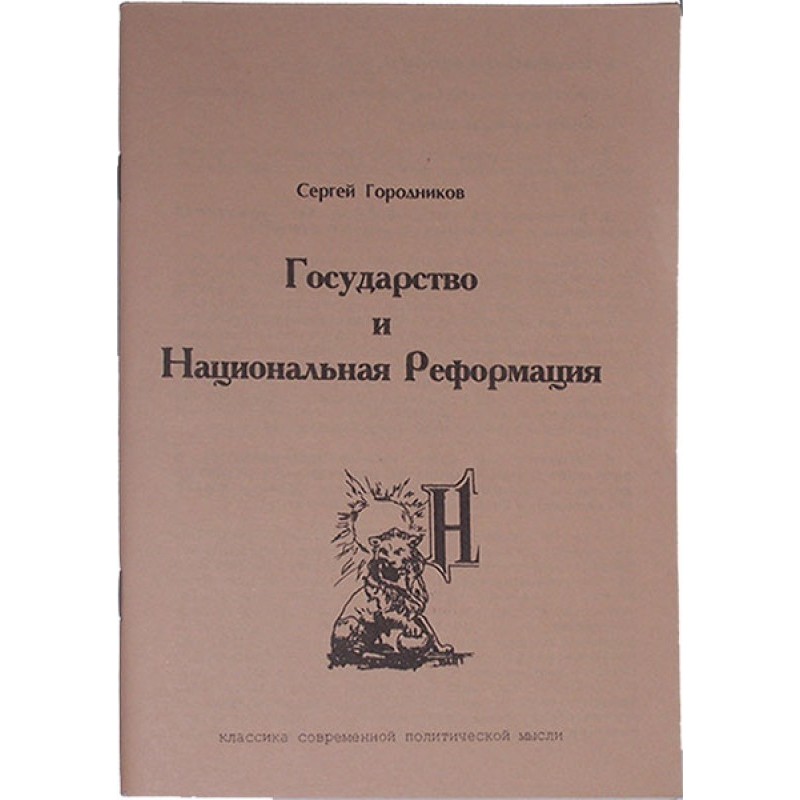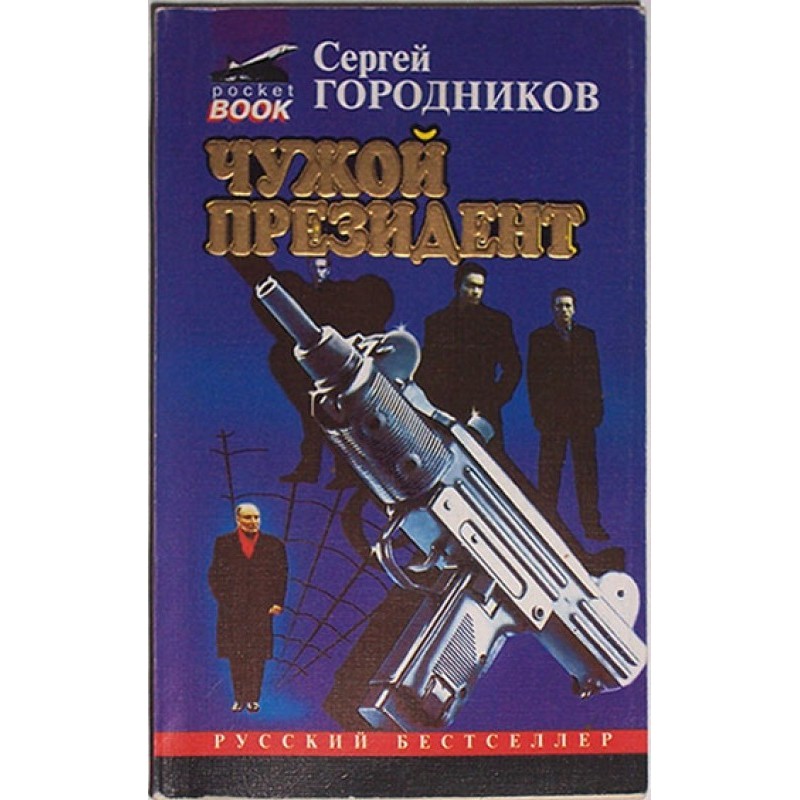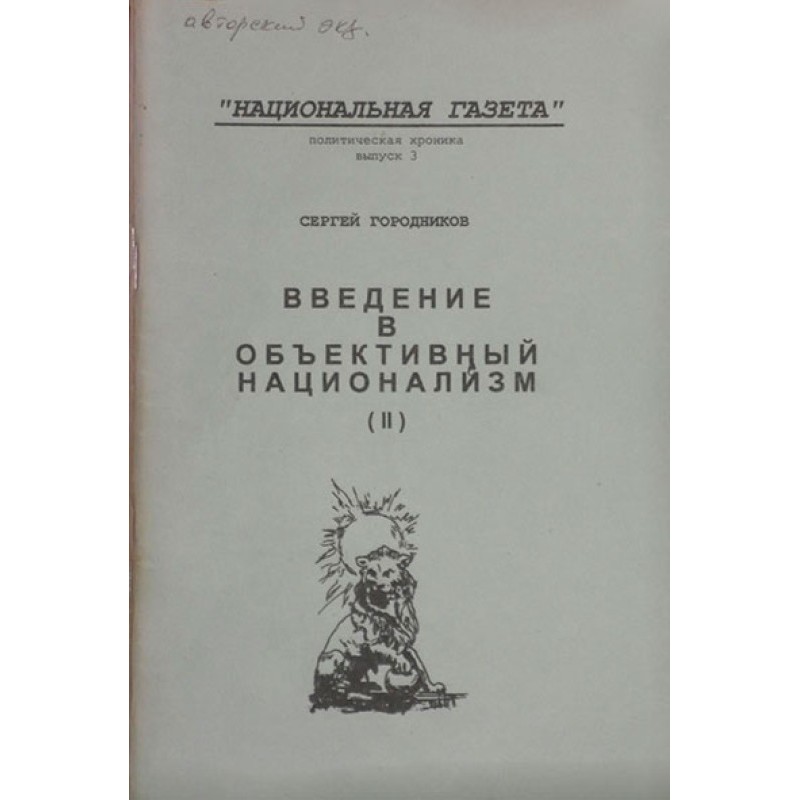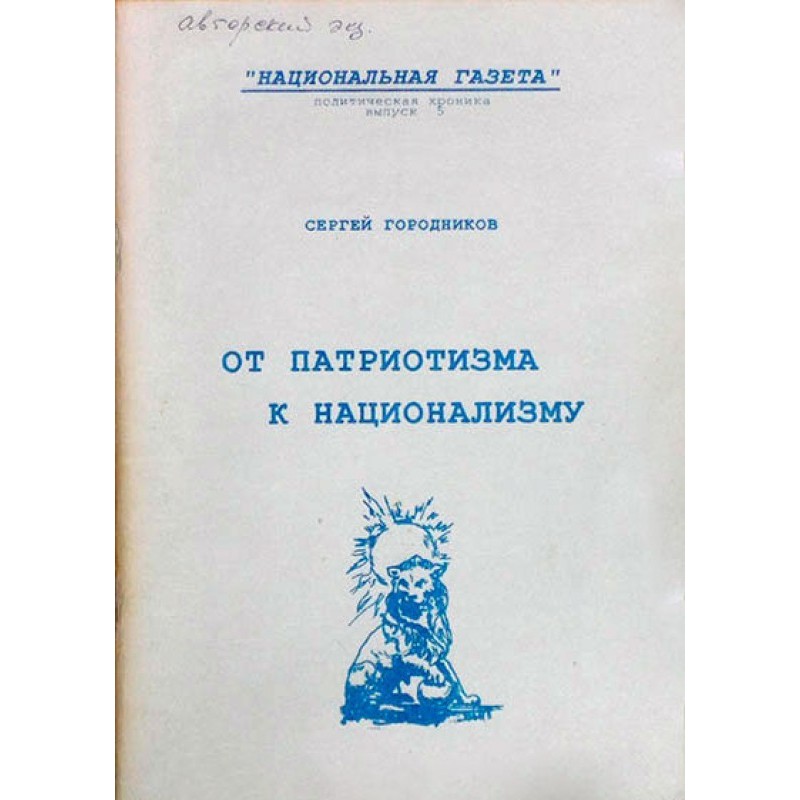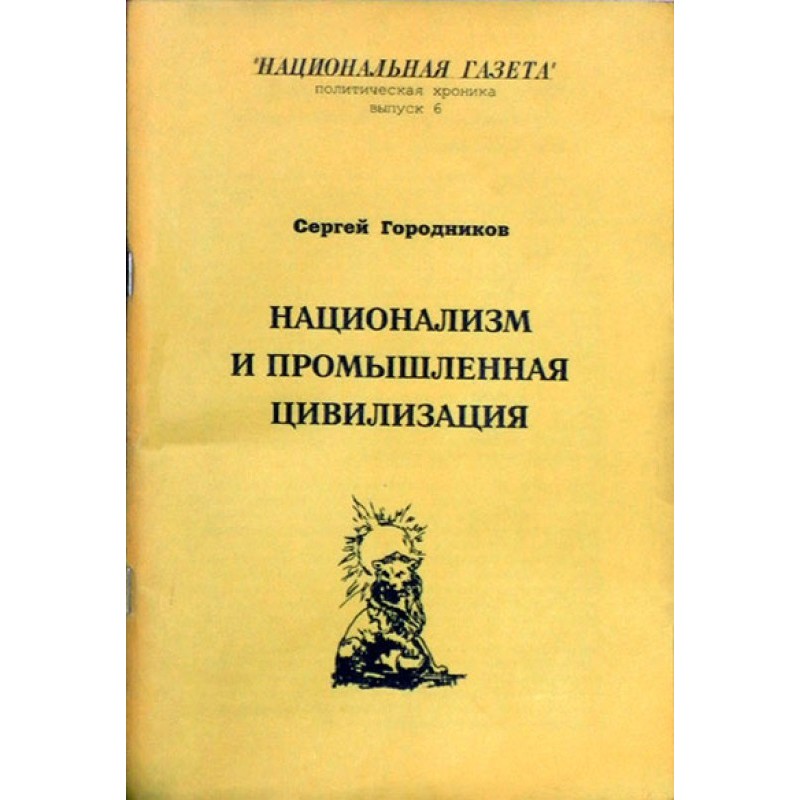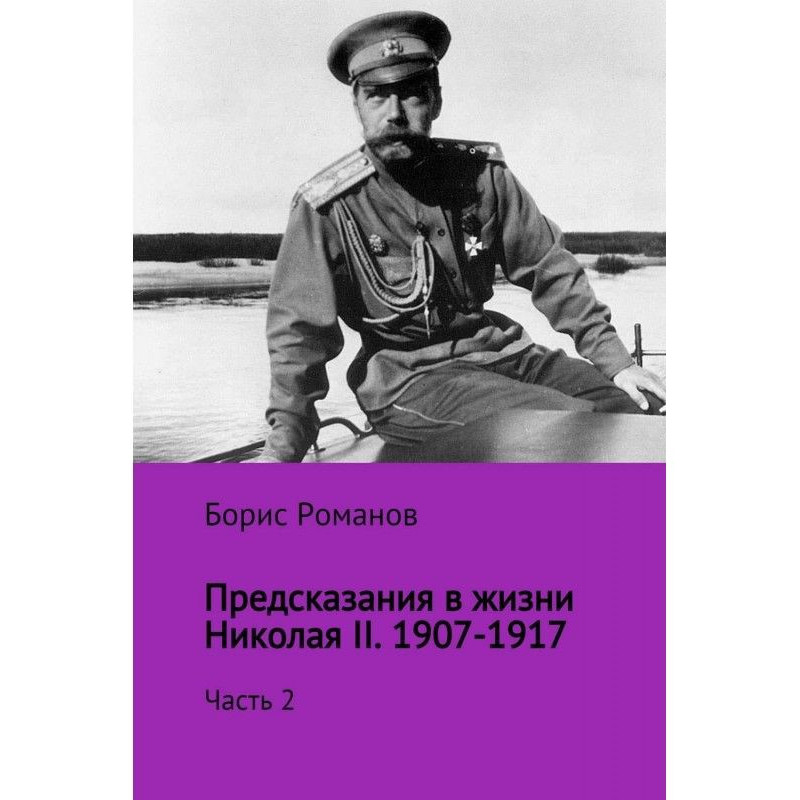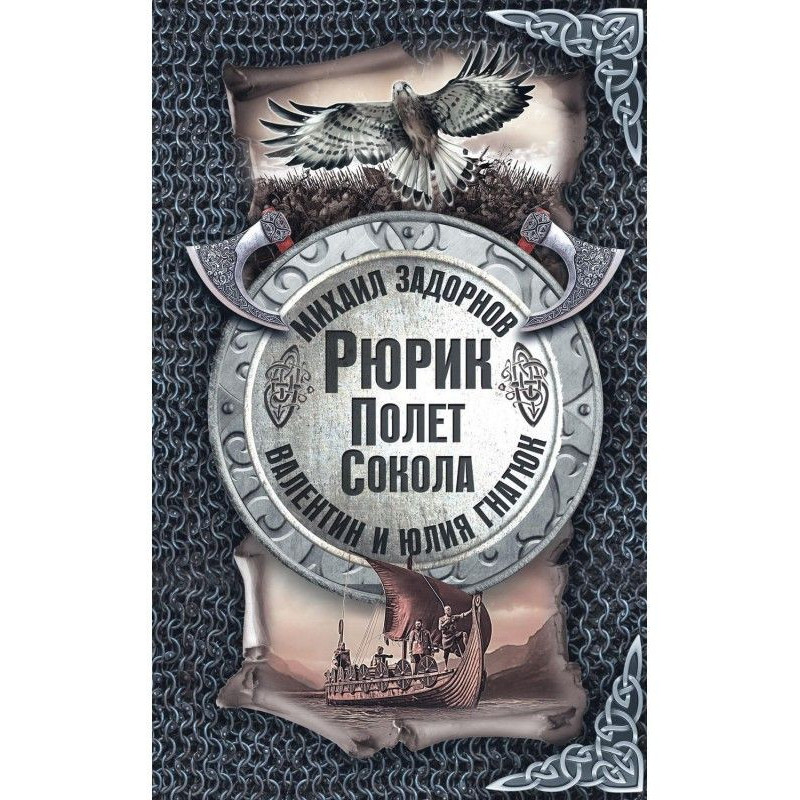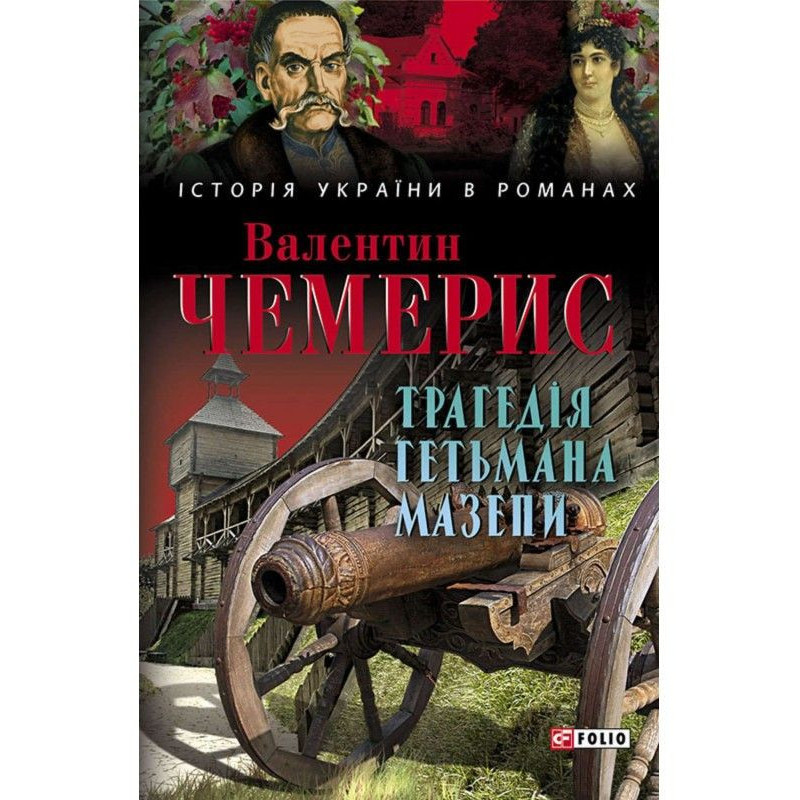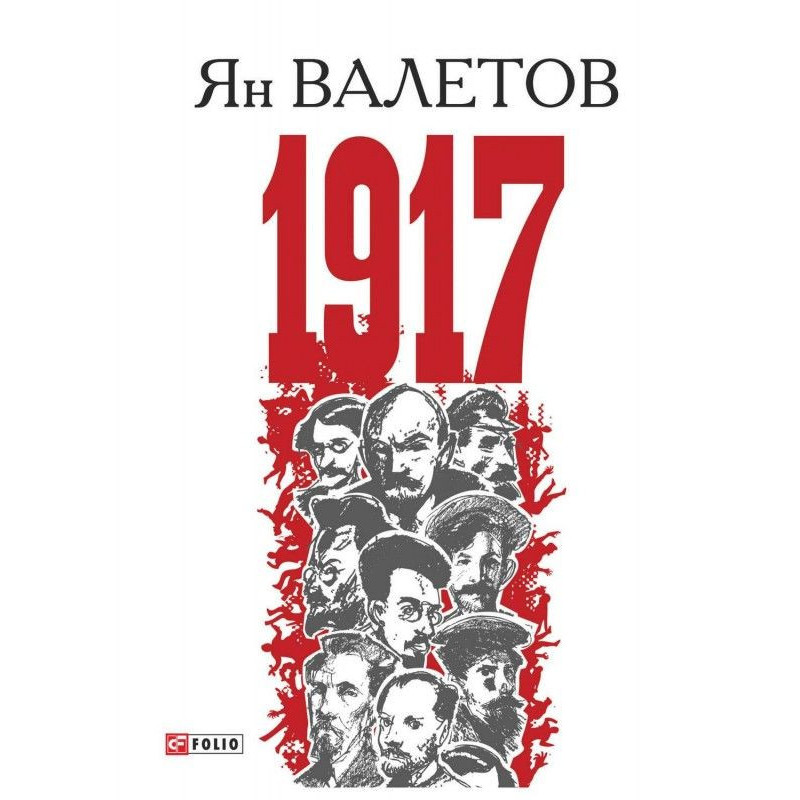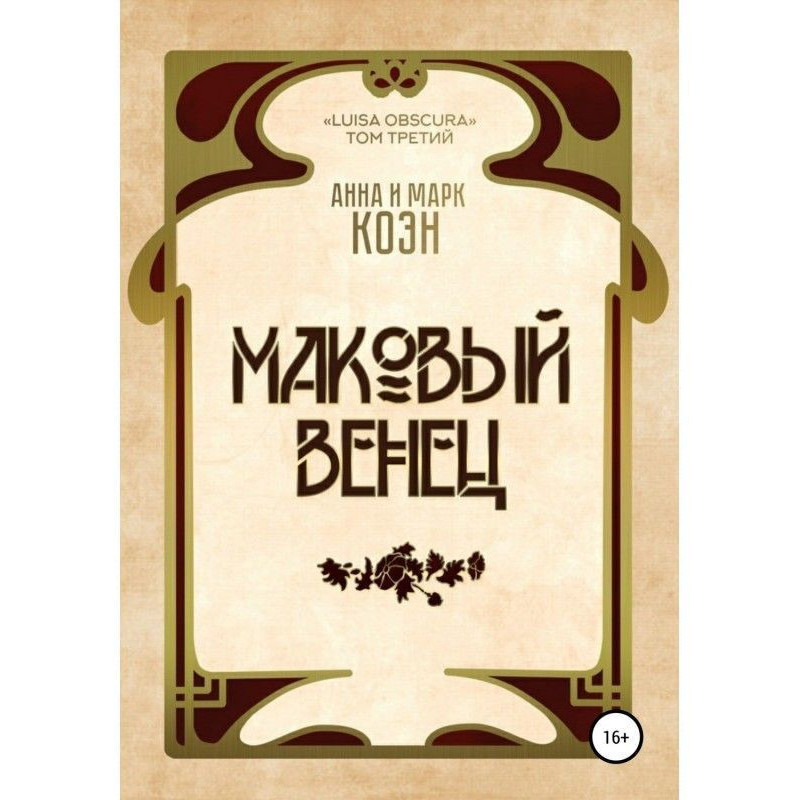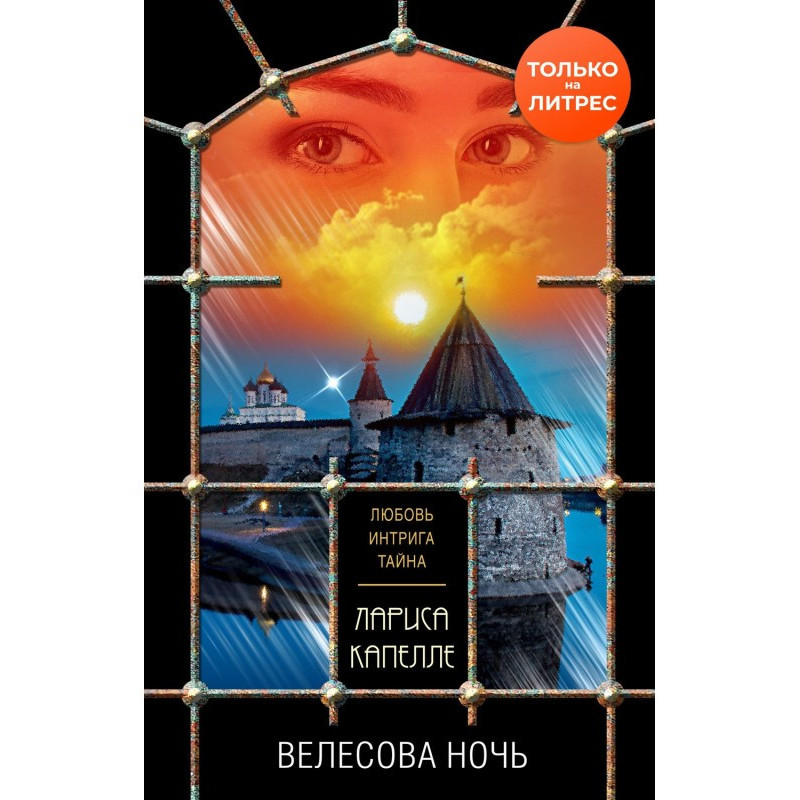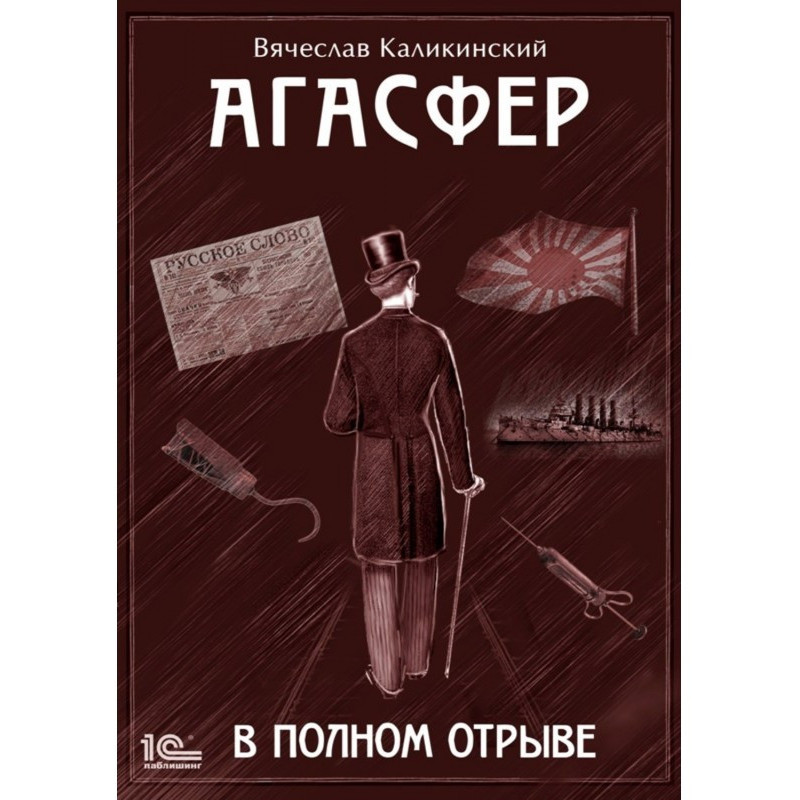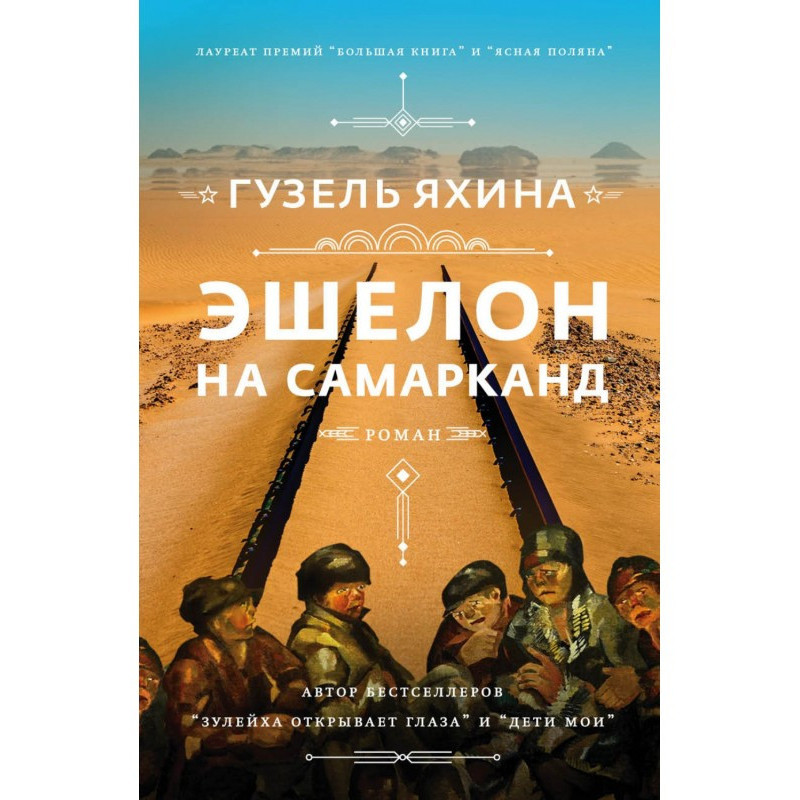Golden rose with red ruby
 Instant download
Instant download
after payment (24/7)
 Wide range of formats
Wide range of formats
(for all gadgets)
 Full book
Full book
(including for Apple and Android)
To foster an entrepreneurial and bourgeois-urban culture of relations in Russia, an adventurous genre and a Russian hero of such a genre, close and understandable to the emerging national middle class, must necessarily appear and develop. As was the case in other now considered developed capitalist powers, it will appear only through the mythologization of certain periods of the history of the state. The series of adventure stories “Shadow of Tibet” offered to the reader is a continuation of the intention to propose and develop such a hero. For the first time in Russian culture, this task was posed by the same author in the book “THE DIAMOND OF CHINGHIZ KHAN” (1993, from “ROSICH”). Like the heroes in the novel "THE DIAMOND OF CHINGHIZ KHAN", the hero of this cycle acts in a turning point for Muscovite Rus' in the mid-17th century. Born among the Russian pioneers in Transbaikalia, he, by force of circumstances, ends up in Tibet, where he is raised as a warrior of the Dalai Lama, and then goes to serve the Russian Tsar. Compositionally, the cycle is built from two large stories in the duology “WARRIOR OF LUCK” and the novel “THE TSAR’S MARRIANT” of three expanded narratives, in each of which the hero finds himself a participant in complex interweavings of opposing interests in different places in Eastern Europe and Asia. In the first story, “The Shadow of Tibet,” the story is told about the place and circumstances of the hero’s birth, about the reasons for his involvement in the internal affairs of the Tibetan state, which is overcoming the feudal fragmentation, about the intrigues into which he was drawn against his will, about his first love and the adventure connected with it in India. The second story, “Golden Rose with a Red Ruby,” tells about the embassy of the Shah of Persia to the Russian Tsar in connection with the marriage of the young Tsar Alexei Mikhailovich , about the wedding gift stolen from the ambassador and about the adventures in which the hero was involved in connection with these events. In the first narration of the novel “The Tsar’s Guarantor”, the hero turns out to be a Russian intelligence officer in Livonia and Narva on the eve of the Great War that shook Eastern Europe and which began the war between Muscovite Rus' and Sweden for the return of the northern lands near the Baltic Sea, seized from the Muscovite state during the Great Time of Troubles. In the second narrative, “On the Tsar’s Side,” the hero falls into the network of intrigues of the Moscow nobility, when boyar resistance to the reforms of the most prominent figure in Russian history in the mid-17th century increases century, the spiritual father of the future Reformations of Peter the Great, the Pskov nobleman Ordin-Nashchokin - reforms that are supported by Tsar Alexei. In the last narrative of the novel, “The Persian Woman,” the hero, on behalf of the Tsar and his closest assistants, goes to Astrakhan to try to prevent the uprising of the Cossacks at the head with Razin. This last narrative was awarded in 2006 with the literary prize “Golden Pen of Rus'” and a diploma from the Princely Council of Russia.
Data sheet
- Name of the Author
- Сергей Городников Васильевич
- Language
- Russian


